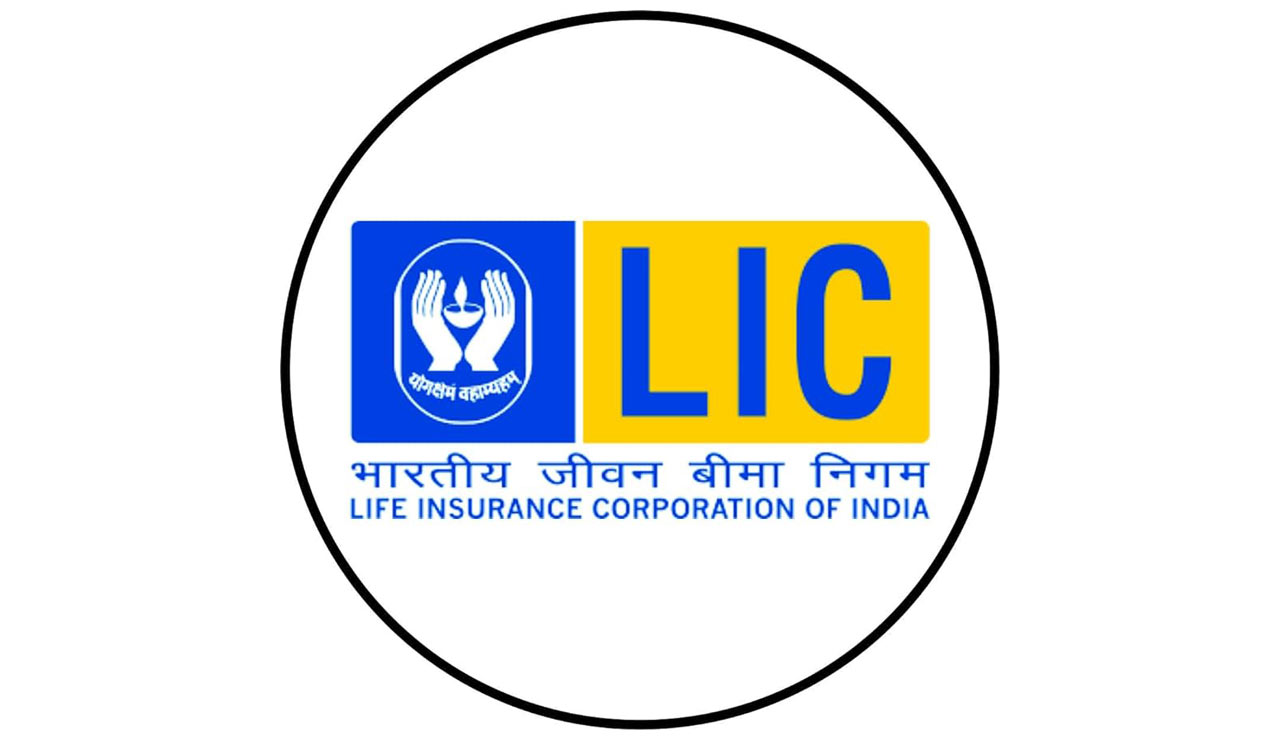CFA vs CPA: Which Finance Qualification is Right for You? (New Zealand Focus)

So, you're eyeing a career in finance in New Zealand? Excellent choice! But with so many qualifications out there, choosing the right one can feel overwhelming. Two of the most recognised are the CFA (Chartered Financial Analyst) and the CPA (Certified Practising Accountant). While both can open doors to lucrative roles, they cater to distinctly different career paths. This guide breaks down the key differences, explores the roles each qualification leads to, and helps you decide which is the best fit for your ambitions in the Kiwi finance landscape.
Understanding the Core Differences: CFA vs. CPA
Let's start with the fundamentals. The CFA is globally recognised and focuses heavily on investment management. Think asset allocation, portfolio management, and financial analysis – essentially, making investment decisions for others. It’s a rigorous, three-level program covering a broad range of investment topics.
The CPA, on the other hand, is geared towards accounting and financial reporting. CPAs are the go-to professionals for ensuring financial accuracy, compliance, and providing financial advice. They're the backbone of businesses, managing finances and ensuring everything is above board. In New Zealand, the CPA designation is particularly valuable due to the strong emphasis on ethical conduct and professional standards.
Career Prospects & Roles in New Zealand
CFA Careers: In New Zealand, CFA charterholders are highly sought after in roles such as:
- Portfolio Manager: Managing investment portfolios for individuals or institutions.
- Investment Analyst: Researching and analyzing investment opportunities.
- Financial Risk Manager: Identifying and mitigating financial risks.
- Relationship Manager (Wealth Management): Advising high-net-worth individuals on investment strategies.
CPA Careers: CPAs are crucial across various industries in New Zealand. Common roles include:
- Financial Controller: Overseeing a company's financial operations.
- Auditor: Examining financial records to ensure accuracy and compliance.
- Tax Accountant: Providing tax advice and preparing tax returns.
- Management Accountant: Providing financial insights to help businesses make strategic decisions.
- Forensic Accountant: Investigating financial fraud and irregularities.
Which Path Should You Choose?
The best choice depends entirely on your career goals:
- Aspiring Investment Professional? The CFA is your clear winner.
- Interested in Accounting, Financial Reporting, or Business Advisory? The CPA is the better option.
- Want a broad financial skillset? Consider which area sparks your interest more, or potentially pursue both (though this requires significant dedication!).
Key Considerations for New Zealand
While both are globally recognised, the CPA has a stronger presence and higher demand within New Zealand businesses, particularly for roles requiring statutory reporting and compliance. The New Zealand Institute of Chartered Accountants (NZICA) oversees the CPA designation, and its recognition within the local business community is substantial.
Final Thoughts
Investing in either the CFA or CPA is a significant commitment, but the rewards can be substantial. Carefully consider your career aspirations, research the roles available in New Zealand, and choose the qualification that aligns best with your long-term goals. Good luck!






